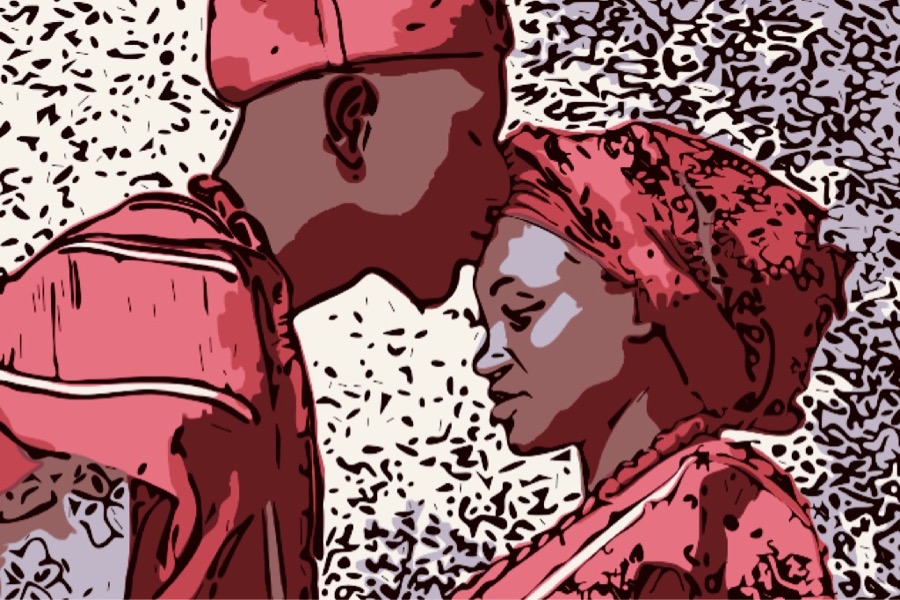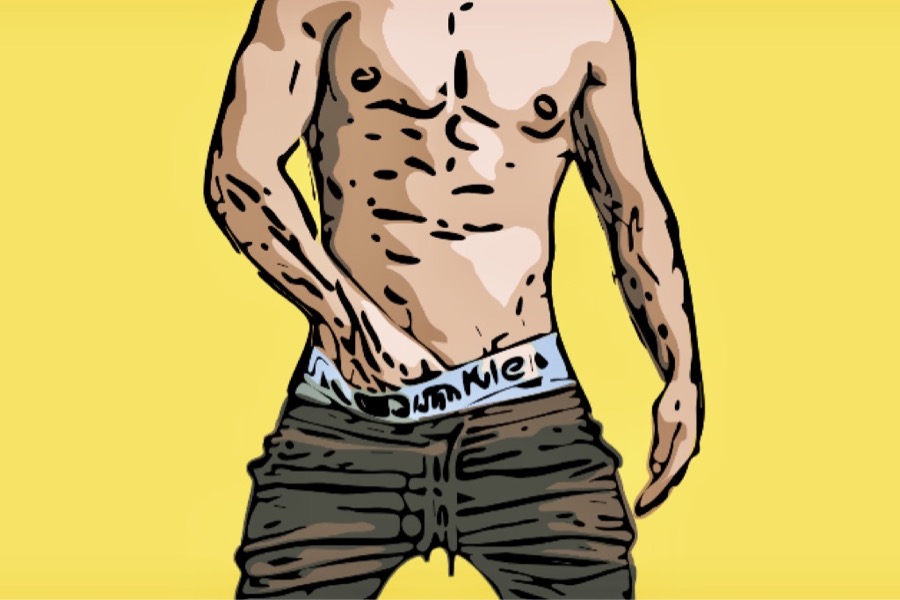“Hic sunt dracones”, here be dragons: if you read the main information websites, you can describe Sudan with this phrase, used by the medieval cartographers to indicate unexplored lands. In the West, the African country is little known, wrapped in a a silence characterized more by indifference rathr than mistery. Darfur, a vast region of Sudan theater of terrible violence for nearly a decade, captured some attention, but then silence felt even on this conflict. Quite nobody has never heard about homosexual people in Sudan… at least until February 9th 2012, when Mohammed founded Rainbow Sudan, the first LGBTQ* group and website in the country.
Mohammed, a kind man and a charming poet, tells to Il grande colibrì the reality if a country in transition, still undecided between obscurantism and secularism, democracy and dictatorship. “Just think years ago, until the early 80s, being gay wasn’t an issue: homosexuality was common in society, among athletes, intellectuals, artists… Wedding singers were often gay and they were very popular. Then new Islamic laws came…” It was 1983: president Ga’far Muhammad an-Nimayri ordered that penal code incorporated the sharia rules, interpreted in the most fundamentalist manner.
Mohammed says: “Sexual relations between persons of the same sex are illegal in Sudan. According to Article 148 of the Criminal Code, which is based on sharia, homosexual men are punished by the lash for their first offense, and after the third offense they risk the death penalty. There are very heavy persecutions, like at a wedding in Omdurman. For a show of cross dressers in Khartoum, they were sentenced to the lash and to a penalty of 1,000 Sudanese pounds.”
“My generation is very confused and lost: on the one hand there’s the social and religious repression, on the other the self-awareness.” Mohammed grew up in the most difficult years, when the Islamist wave rised and there wasn’t Internet to distribute information worldwide. “The boys of the new generation, on the contrary, are more informed, with great knowledge of what it means to be gay, they get organized in small groups.” However, even for them it isn’t easy to be LGBTQ* in Sudan: “You can’t imagine the level of discrimation that you can suffer because of being gay. People speak badly of you, they call you luti (sodomite), a word used as an insult.”
Sudanese media speak of homosexuality and transsexuality very rarely and always in a very negative way: “The last time, about a couple of months ago, they talked about the spread of homosexuality in schools and among teenagers.” Sexuality in general is considered a topic to talk about not on TV, but in private, “with closed doors.” There is no mention of AIDS, even though “Sudan has one of the largest populations of people living with HIV in the Middle East and North Africa.”
In this difficult background, Mohammed decided to work for LGBTQ* rights: “A dear friend of mine gave me the idea of funding Sudan Rainbow. We started working together for it and even now he helps me a lot in this project. Now we have a couple of groups that work online and offline. We form a small network of people working in an organized way to advance as much as possible LGBTQ* issues, to show who we are, to stop discrimination, to see our rights recognized. We provide sexual education, psychological and emotional support, protection.We do all this, we try to do the best we can.”
Sudan Rainbow’s activists are committed to the rights of all (women, children, refugees, minorities …). “Women and children rights are never recognized, indeed there is an alarming number of violations and child abuses. The situation changes a lot between the capital Khartoum and other areas of Sudan: here women have more rights than in rural areas, where women still do not attend schools and children have to work to support the family. Poverty is, and has always been, the main problem of Sudan.”
Sudan Rainbow’s vision is incredibly large and generous: members of the group participate in so much different and even dangerous demonstrations, such as those that led to the murder of four students in Darfur. Their struggle is wide-ranging, in a country in turmoil as Sudan: “Since 2011 a lot of demonstrations, protests and riots followed one another all over Sudan. Government dispersed violently the protests, that has been youth-led, against austerity measures and ruling party’s policies. Security forces have arrested and detained a large number of suspected opponents, including many students, who where then beaten and tortured, like the four who were found killed.”
The political situation is very serious: “Recently there have been two attempted military coup, one of which was led by former intelligence chief, General Salah Abdallah Gosh. And the tension increased even more after that, in October, Israel destroyed a weapons factory in Khartoum and some Iranian naval ships approached the coast of Sudan. Opposition claim a role in the constitution-making process, and calls out for elections.”
Rainbow Sudan works in this dramatic context, : “In Sudan we are just at the very first steps to start discussing about homosexuality. We move at the pace of a baby. We had established some contacts with some political parties and we began to talk with them, but then the protests broke out and the students were killed. Currently the country is not ready to open up to LGBTQ* issues, but we have not lost hope of succeeding.”
Mohammed never loses his kindness and gentleness, never loses the almost “crazy” hope of the poets that really change the world, even though he’s fully aware of the adversities that he have to face in Sudan and not only in Sudan: “I know what is going on in the rest of Africa just following the news, but it seems to me that the homophobic trend in our continent, so different from the openings in the West and in most of Europe, is due to political and religious elements. Some conservative Christian organizations support anti-gay laws in Uganda and Nigeria because they are losing their war in the West, so now they focus on Africa.” Increasingly dark clouds are gathering over Africa, but in Sudan and across the continent brave activists are working to let the rainbow shine…




